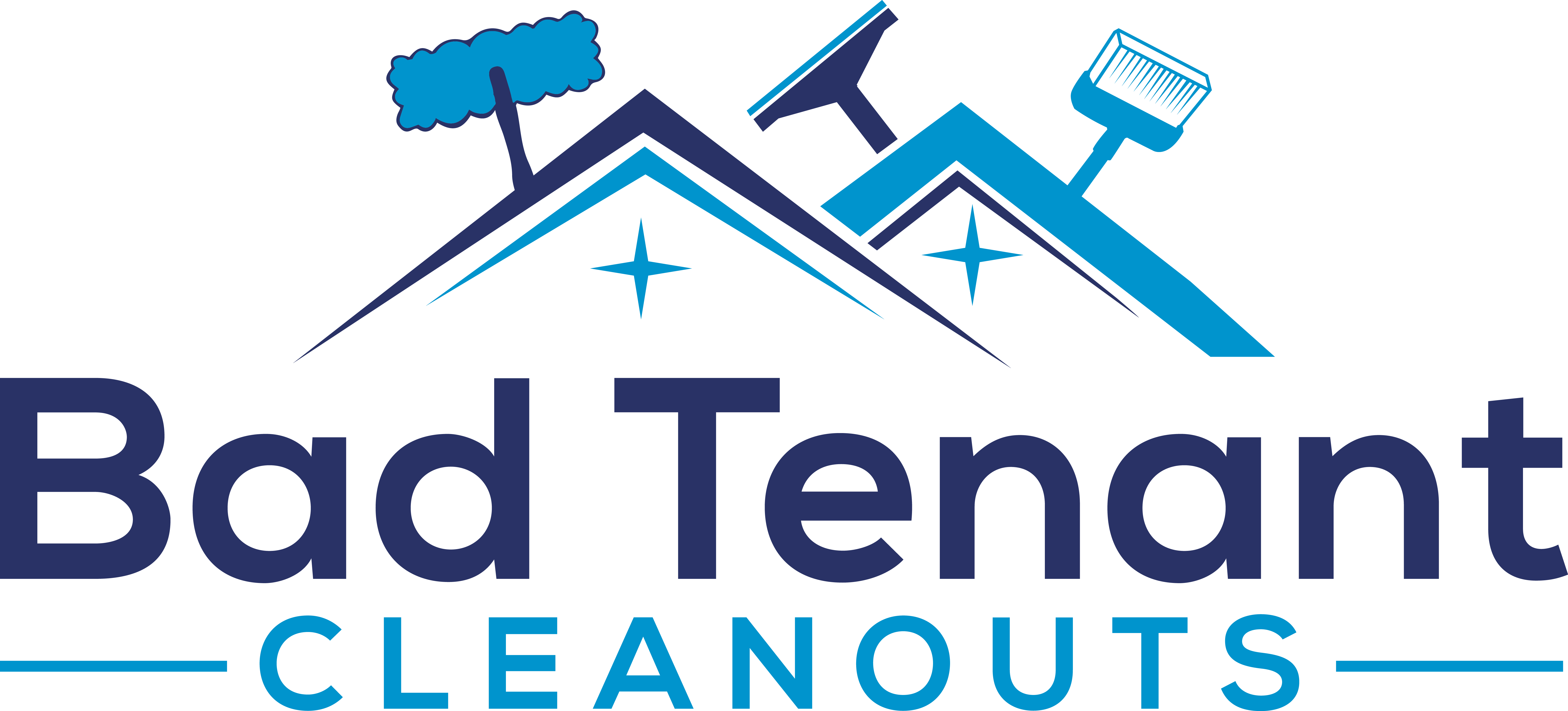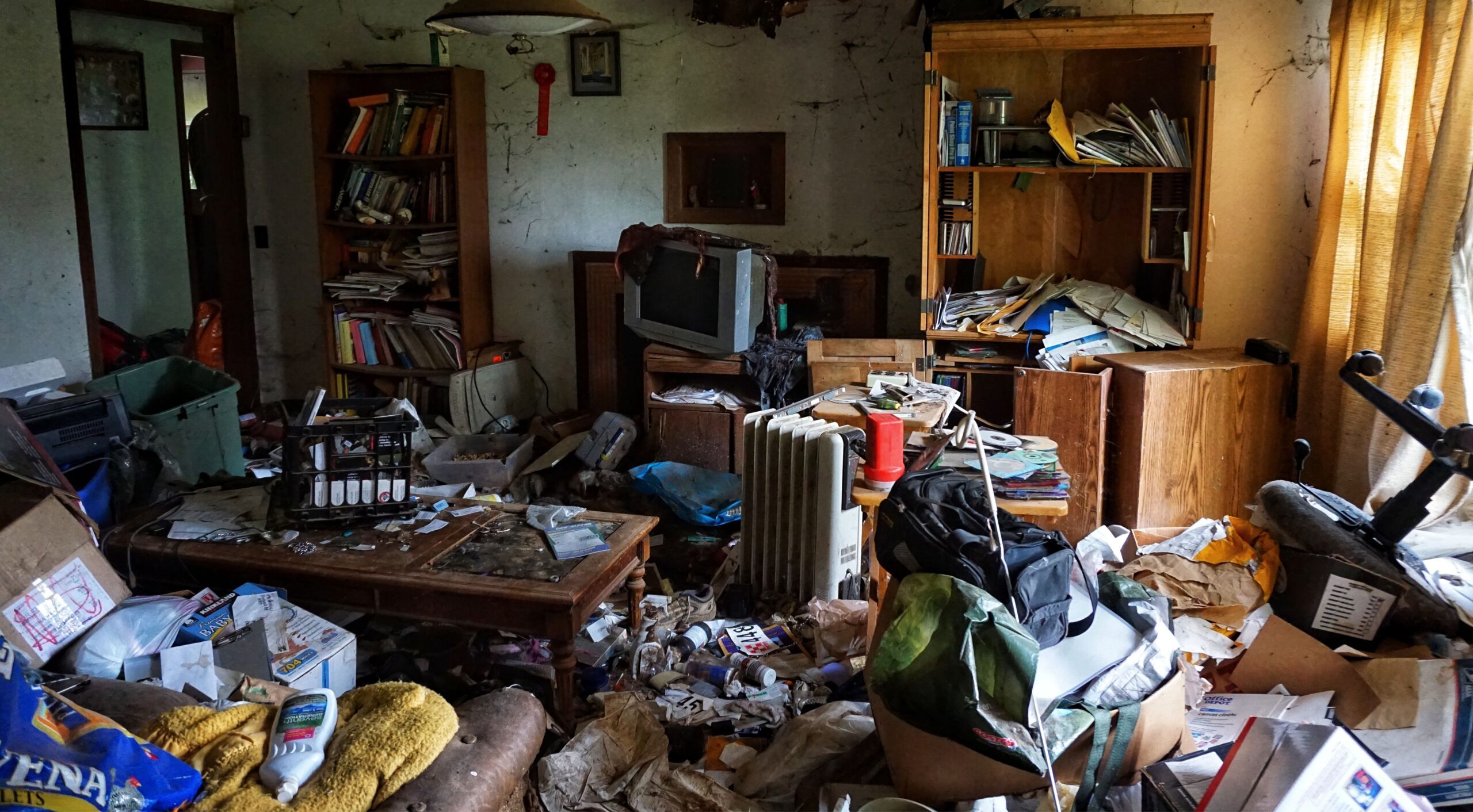What is Tenant Insurance? A Guide for Landlords
As a landlord, protecting your rental property is a top priority. While you likely have insurance for the building itself, many landlords are unsure about tenant insurance and whether it’s something they should require from their tenants. This guide will provide a detailed explanation of what tenant insurance is, why it matters, and how it benefits both landlords and tenants.
1. Understanding Tenant Insurance
Tenant insurance, also known as renter’s insurance, is a type of insurance policy that protects the tenant’s personal belongings and provides liability coverage in case of accidents or damage. Unlike homeowner’s insurance, which covers the structure of the building, tenant insurance is designed specifically for people who rent their homes.
2. What Does Tenant Insurance Cover?
Tenant insurance typically covers three main areas:
- Personal Property Coverage: This part of the policy protects the tenant’s personal belongings, such as furniture, electronics, clothing, and other valuables, against risks like theft, fire, vandalism, or certain types of water damage. For example, if there’s a fire in the apartment, tenant insurance can help replace the tenant’s damaged belongings.
- Liability Coverage: This aspect of tenant insurance protects the tenant in case they are found legally responsible for causing damage to the property or if someone is injured while visiting the rental unit. For example, if a tenant accidentally starts a fire that damages other units in the building, their liability coverage can help pay for the damages.
- Additional Living Expenses (ALE): If the rental unit becomes uninhabitable due to a covered event, such as a fire or flood, tenant insurance can cover the cost of temporary housing, meals, and other living expenses until the tenant can return to their home.
3. Why Should Landlords Require Tenant Insurance?
Requiring tenants to have insurance is beneficial for landlords for several reasons:
- Protection Against Tenant-Caused Damage: While your property insurance covers damage to the building itself, it may not cover damage caused by the tenant’s negligence. If a tenant causes a fire, for example, their tenant insurance can cover the cost of repairs, reducing the financial impact on you as the landlord.
- Reducing Liability: If a tenant’s guest is injured on the property, the tenant’s insurance can cover the cost of the guest’s medical bills and protect the tenant from legal action. This can help prevent situations where the landlord might be drawn into a lawsuit.
- Peace of Mind: Knowing that tenants have insurance provides peace of mind. It ensures that tenants are financially responsible and capable of covering costs related to their personal property and liability, which can reduce potential conflicts between landlords and tenants.
4. What Doesn’t Tenant Insurance Cover?
While tenant insurance offers significant protection, there are certain things it does not cover:
- Building Structure: Tenant insurance does not cover the physical structure of the rental property. This remains the responsibility of the landlord’s insurance.
- Maintenance Issues: Problems like mold due to poor maintenance, pest infestations, or gradual wear and tear are not typically covered by tenant insurance.
- High-Value Items: While tenant insurance covers personal belongings, there are often limits on how much it will pay out for high-value items like jewelry, art, or collectibles. Tenants may need to purchase additional coverage (known as a rider) for these items.
5. How Much Does Tenant Insurance Cost?
Tenant insurance is generally affordable, with the cost depending on factors such as the level of coverage, the tenant’s location, and the insurance provider. On average, tenant insurance costs between $15 and $30 per month. This small expense provides significant financial protection, making it a worthwhile investment for tenants.
6. How to Require Tenant Insurance
As a landlord, you can require tenants to obtain tenant insurance as part of the lease agreement. Here’s how to do it:
- Include a Clause in the Lease: Clearly state in the lease agreement that tenant insurance is required. Specify the minimum amount of liability coverage the tenant must have, which is typically $1 million.
- Ask for Proof of Insurance: Before the tenant moves in, ask them to provide proof of insurance, such as a certificate of insurance or a policy declaration page. This should be renewed annually to ensure continued coverage.
- Regularly Verify Coverage: Periodically ask tenants to provide updated proof of insurance, especially when renewing leases. This helps ensure that they maintain coverage throughout their tenancy.
7. Educating Tenants About Tenant Insurance
Many tenants may not fully understand the importance of tenant insurance, so it’s helpful for landlords to educate them. When discussing the lease, explain the benefits of tenant insurance, such as:
- Protection of Personal Belongings: Emphasize that tenant insurance protects their belongings from unexpected events like fire, theft, or water damage.
- Liability Protection: Explain how liability coverage can protect them financially if they accidentally cause damage or if someone is injured on the property.
- Affordable Peace of Mind: Highlight the affordability of tenant insurance and how it can save them from significant out-of-pocket expenses in case of an incident.
8. What to Do If a Tenant Refuses to Get Insurance
In some cases, tenants may resist getting insurance. If tenant insurance is a requirement in your lease agreement, you have the right to enforce this rule. Here are some steps to take:
- Reiterate the Lease Terms: Remind the tenant that tenant insurance is a requirement of the lease, and explain why it is important for both parties.
- Provide Assistance: Offer to help the tenant find affordable insurance options. You might provide a list of recommended insurance providers or explain the process of obtaining insurance.
- Enforce the Lease: If the tenant still refuses, you may have grounds to terminate the lease or refuse to renew it, depending on the terms outlined in the agreement.
Tenant Insurance as a Win-Win
Tenant insurance is a valuable tool that benefits both landlords and tenants. For landlords, it provides an added layer of protection against tenant-caused damages and reduces potential liability. For tenants, it offers peace of mind by protecting their personal belongings and providing financial security in case of accidents. By requiring tenant insurance, landlords can ensure a safer, more secure rental experience for everyone involved.


